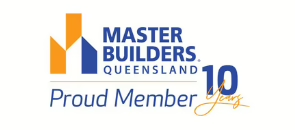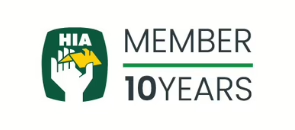What is Conciliation? The Queensland Building and Construction Commission are piloting a conciliation process – here is what we know.
The QBCC are piloting a mediation / conciliation dispute resolution process (in addition to the EDR process currently in place) that is intended to deliver a conciliation service between homeowners and contractors to “secure outcomes ratified in an agreement”. Previously, the QBCC dispute resolution process available to homeowners and contractors after the contract is at an end, was limited to the QBCC encouraging resolution between the parties, and if that was not successful the QBCC inspecting the works and, issuing a direction to rectify, if defective.
The QBCC Annual Report 2022-2023 stated with respect to the pilot mediation and conciliation process “this service approach aims to assist in resolving building disputes as quickly and practically as possible. The pilot service will provide a more nuanced and tailored approach to dispute resolution, reducing the burden on formal adjudicative mechanisms and contributing to a more agile and responsive regulatory environment.”
From what we understand, once the external conciliator has accepted the appointment from the QBCC, the conciliator will contact, organise and deliver a conciliation service to work through the dispute issues with the relevant parties. On completion of the conciliation, it is intended that the conciliator will formalise the outcome in a written agreement a copy of which will be provided to the QBCC. If an agreement is not reached, the matter will be progressed by the QBCC “through other legislative pathways for resolution”.
The QBCC has prepared “Conciliation Process Terms and Conditions”, however notably these are not currently located anywhere on the QBCC’s website. What would be helpful for contractors and consumers, would be for the QBCC to provide some transparent information on their website regarding this pilot program, making it clear that participation is voluntary, and setting out “the terms and conditions” of the conciliation process.
So what is conciliation? Generally, conciliation is an alternative dispute resolution process where an independent third party (the conciliator) helps the parties explore options for resolution to try and reach an agreement. The conciliator does not provide advice or “take sides”.
While any process that involves resolving matters prior to a costly litigious battle, in our view, should always be encouraged, what is concerning about the QBCC’s “conciliating terms and conditions”, is that despite indicating that the communications are “without prejudice” they expressly state that if the matter is not resolved that documents may be disclosed to the QBCC. Such a term, in our view, may result in reluctance by parties to participate openly in the conciliation process.
This article is provided for general information and educational purposes only and should not be taken to be legal advice. Each QBCC decision and set of facts are different and therefore you should obtain specific legal advice.
If you have any questions regarding QBCC decisions or would like us to assist with challenging a QBCC decision, please do not hesitate to contact our team on (07) 3139 1874 or email us at info@constructlaw.com.au.



